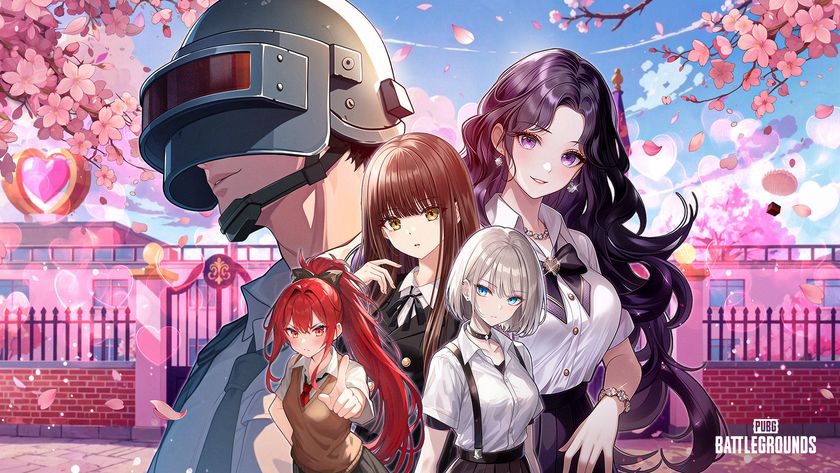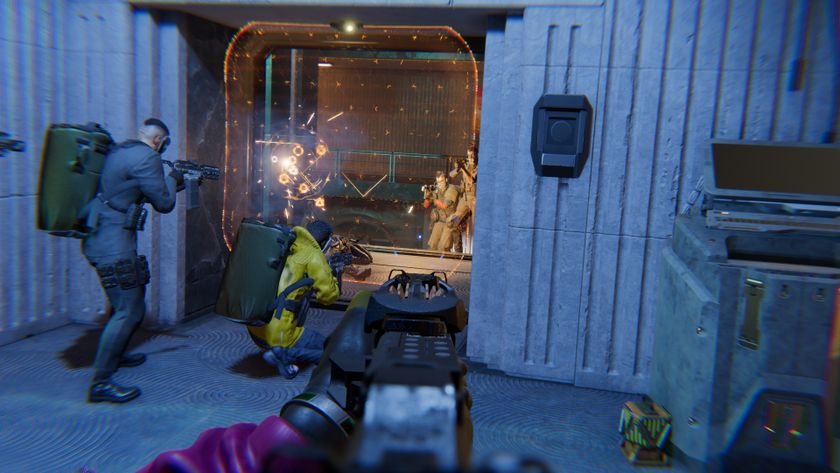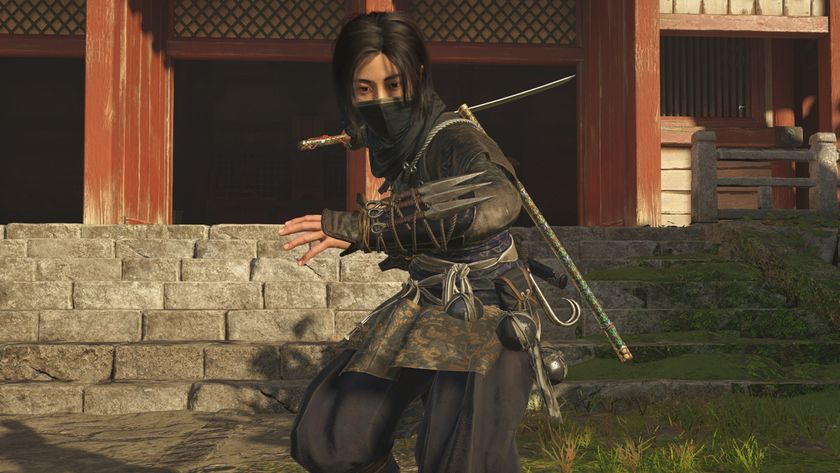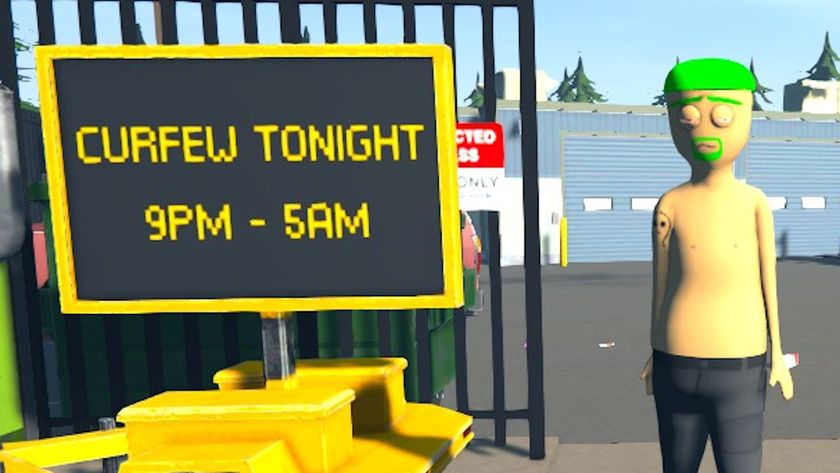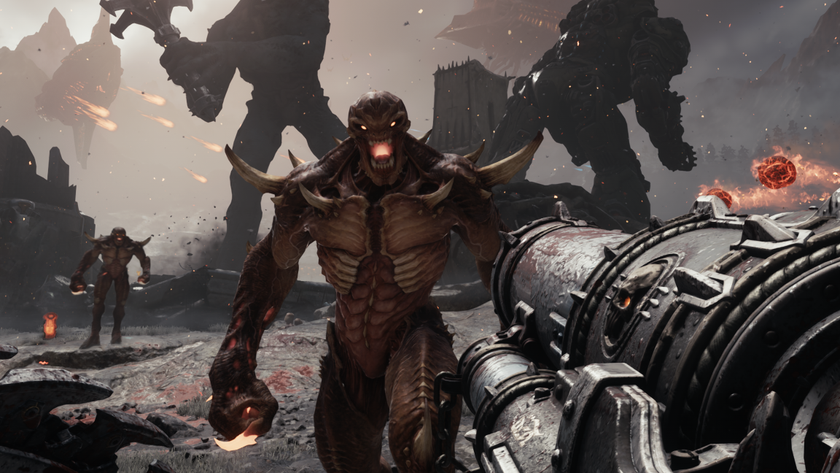Kingdom Come: Deliverance’s save system shows you just how fun failure can be
Save yourself and stop quick-saving.

I’m a serial save scummer. In open-world RPGs my finger snaps to F5 at the first hint of danger, ready to quick save. As soon as things go south I’ll reload, and try again until I get the outcome I want. It’s a viable—and often very fun—way to play. You win virtually every fight, pass every skill check, and get the best loot, which helps you build powerful characters.
But Kingdom Come: Deliverance’s save system has shown me that the aftermath of my mistakes is worth sticking around for, and that living with the chaos is often more enjoyable than reloading and trying again. By taking away your ability to quick save it forces you to consider your actions more carefully and react to your own failures, which makes you feel more attached to the game’s main character, Henry.
It’s a system I’d like to see more games experiment with. To save your game, you must sleep in a bed that you own or drink a Saviour Schnapps potion, which you can either buy or brew. A recent patch added the option to save and quit the game, too, so that next time you’ll pick up where you left off.
Taking the L
That means if something goes wrong, and if an arrow you fire at a bandit whistles over his shoulder and hits a guard, you have two choices. You can either reload your previous save, which might mean you lose an hour of progress, or roll with the punches (the literal punches of the guard’s friends, in this case), which can reveal some of the game’s best moments.
By taking away your ability to reload, Deliverance forces you to make tough, character-defining choices and then amplifies the consequences.
For example, early on in my Deliverance life I stabbed a man outside Rattay because I wanted the fancy trousers he was wearing. Yep, I’m a monster, but at least I'm a fashionable one. I thought nobody was around, but a witness down the road started screaming for the guards. I knew that I wouldn’t win the ensuing fight, and I didn’t have enough money to bribe them. So I fled to Ledetchko and spent a few days getting to know the town, pottering around its shops, playing dice at the tavern and taking on some odd jobs to earn some coin along the way. When I had enough saved up, I stashed all my stolen gear in a chest, rode back into Rattay, and bribed a guard. Voila, a clean slate, at least as far as the law was concerned (I’m pretty sure the witness in question still runs away whenever she sees me). My screw-up led to a nice little vacation, something a quick save system would've taken from me.
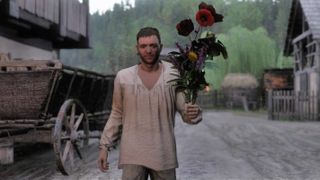
And when I was caught choking out a wayfarer near Sasau because he looked like he might be carrying a pile of coins, I couldn’t simply reload—I had to chase the witness across the countryside and cut them down before they could raise the alarm. I dragged both of the bodies off the road, looted them, and then hid them in bushes, before strolling away like nothing had happened.
In both cases, my mistakes sparked mini storylines that emerged organically and felt unique to my play through. Not only were they fun, but they were chances to roleplay—to make decisions away from quests, and to shape the character that I wanted to create, or didn’t even know I wanted to create. If I’d decided my Henry never backed down, I could’ve gritted my teeth and squared up to the guards in Rattay. With the right gear I could’ve won, but that would mean living with the aftermath, and making plans for repairing my tattered reputation.
The biggest gaming news, reviews and hardware deals
Keep up to date with the most important stories and the best deals, as picked by the PC Gamer team.
By taking away your ability to reload, Deliverance forces you to make tough, character-defining choices and then amplifies the consequences. There’s no going back. That gives Henry more personality, and a real sense of place in the world outside of the main story.
Bruised, smiling
I realize that such a cold, unforgiving save system can make Deliverance feel brutal at times. I know that if I’m caught picking locks in a nobleman’s house—which I tend to do from time to time—then a guard will demand I hand over any stolen items that I’m carrying, which normally includes some of my most-valued possessions. If I don’t have enough gold to bribe him, I’ll be thrown behind bars. That costs time, and reduces my skills for a short time after I’m out.
But far from being annoying, it helps get me into Henry’s head. I don’t just wade into someone’s house and start stealing—I plan thoroughly, I pick my spots carefully, and I know when to give up a lost cause. Without the ability to zip back in time Henry feels more fragile, and more human, than protagonists in other open world games.
I understand that there are ways around the system. The ingredients to a Saviour Schnapps potion are easy to find, and later in the game you’ll have more than enough money to buy stacks of them. But there is still a cost. The time you spend at the brewing station could instead go towards some of the game’s excellent side quests. The money you spend at the apothecary could go further if you walked down the street to the armourer and splashed on a new helmet. I’m more likely to just live with the daily saves I get from sleeping: I’ve used maybe three save potions in my 60 hours with the game.
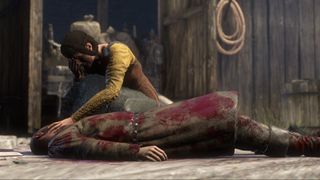
Sure, you can play just as thoughtfully with unlimited saves, and just leave them for when you absolutely need them. But that requires a level of self-discipline that I, and many others, don’t possess. I really enjoyed it when things went wrong in Skyrim or The Witcher 3, and I could feel some of those same mini stories that I’ve experienced in Deliverance begin to take shape. But that didn’t stop me mashing the quick load key, and I probably missed out on some great moments because of it.
I know a lot of people feel that the save system makes death in Deliverance overly punitive, and even boring, because it forces you back to your last save and slices off a chunk of progress. That’s fair. But it’s more a critique of Deliverance’s death mechanic than the save system. The harsh penalty for death, and the fact that it crashes too often, would make anyone pine for their good friend F5. But by restricting your ability to reshape Henry’s tale on the fly makes every choice more meaningful. More than any other game I can remember, Kingdom Come: Deliverance shows, somewhat forcefully, that failure is one of the best conduits for fun, painful as it might be getting there.
Samuel Horti is a long-time freelance writer for PC Gamer based in the UK, who loves RPGs and making long lists of games he'll never have time to play.
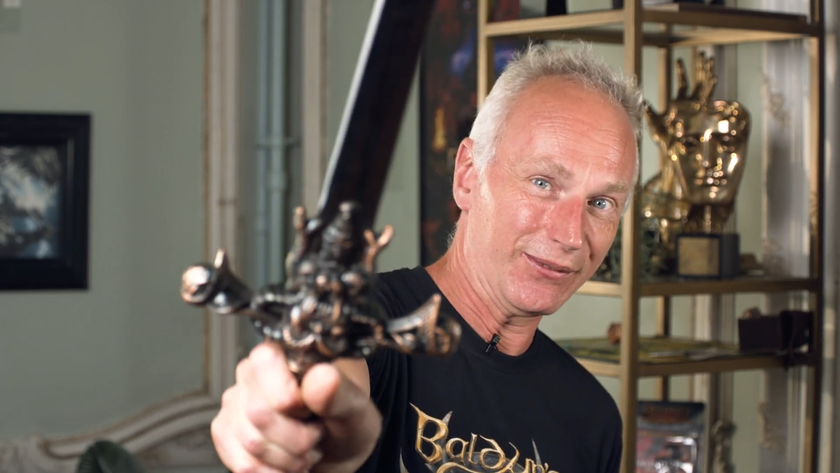
Swen Vincke says fan mods 'shouldn't be treated like commercial ventures that infringe on your property' just hours before Wizards of the Coast retracts its BG3 Stardew mod takedown

Wizards of the Coast says it didn't mean to send a DMCA takedown notice to the Baldur's Gate 3 Stardew mod: 'We are in the process of fixing that now'



